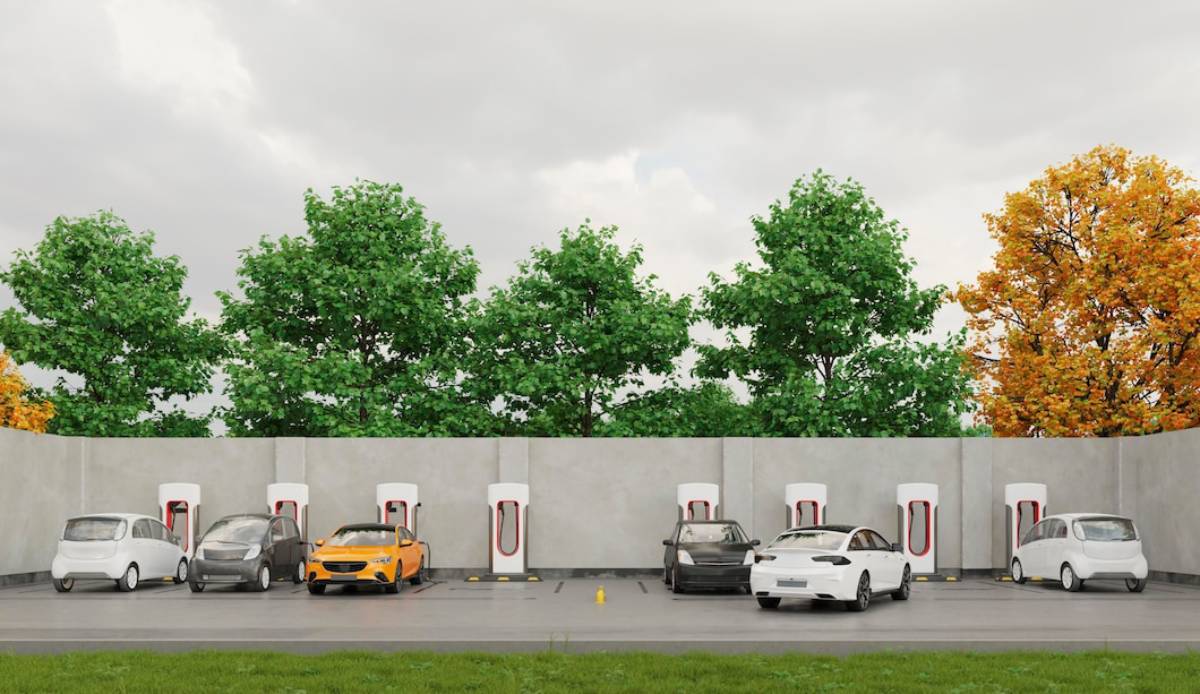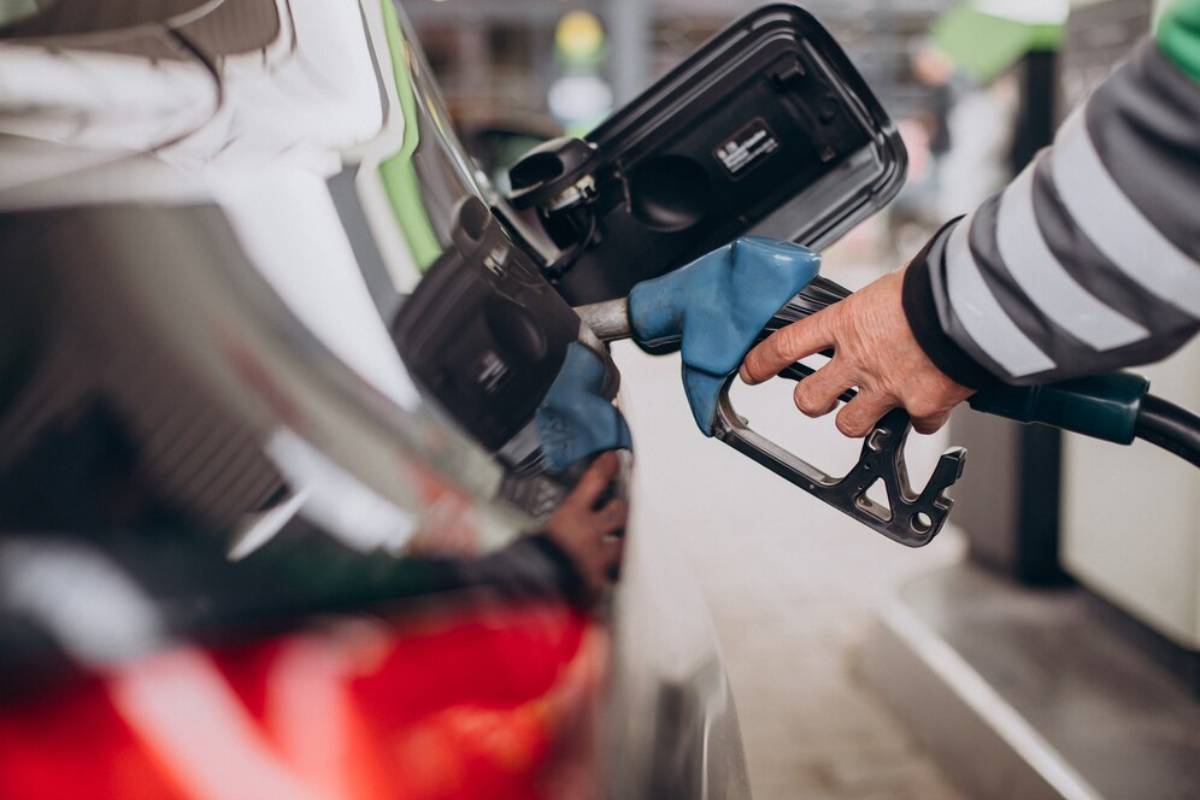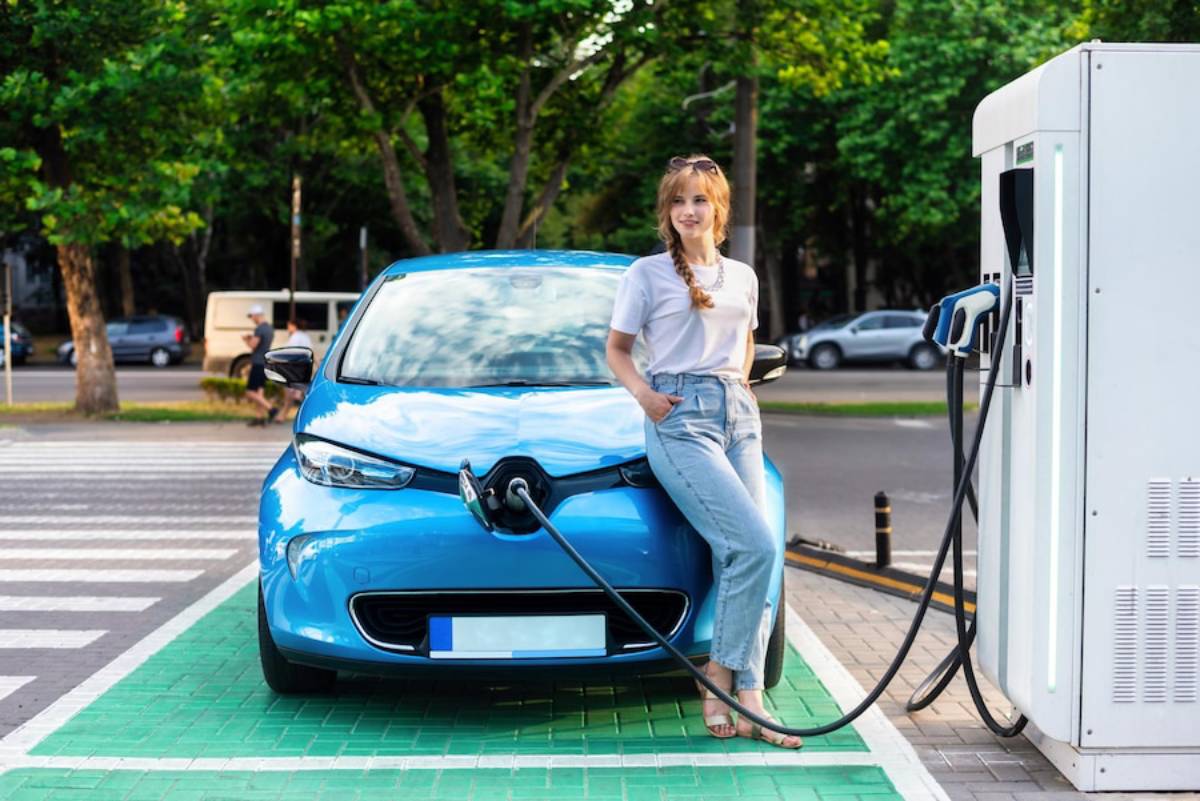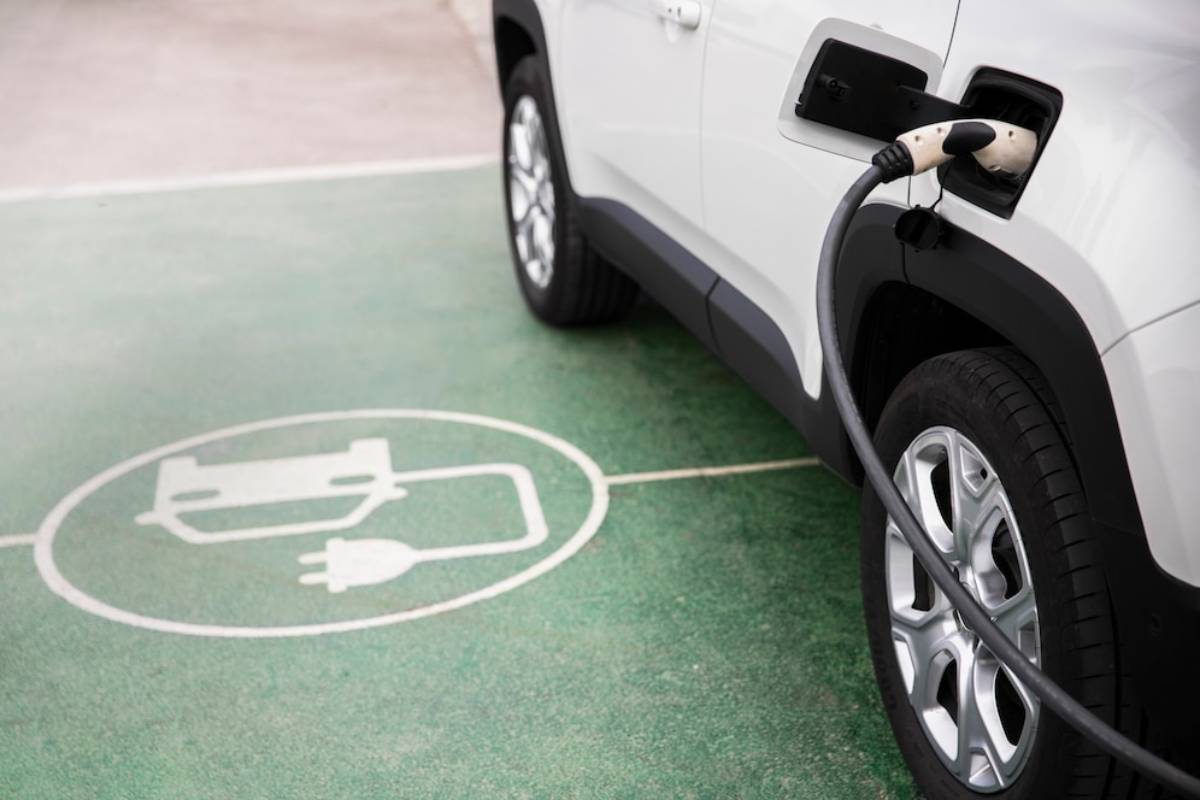
The Debate Over EV Mandates: Are Gas Cars Really Going Away?
The global automotive landscape is revving up for a revolution. Governments around the world are accelerating electric vehicle (EV) adoption with powerful policies. At the heart of this shift are EV mandates versus gas bans, crafted to slice carbon emissions and tackle climate change. Yet, these policies ignite a fiery debate: Are gasoline-powered cars headed for the graveyard?
This article dives deep into the labyrinth of government policies on EVs, unpacks the push to ban gasoline cars, and investigates the future of internal combustion engine (ICE) vehicles. Buckle up; it’s going to be a thrilling ride!
Understanding EV Mandates and Gasoline Car Bans

What Are EV Mandates?
EV mandates are shaking up the automotive landscape, urging makers to roll out a specified slice of zero-emission vehicles (ZEVs) in a race against time. These mandates set clear production goals for manufacturers. They aim to increase the supply and adoption of electric vehicles.
Take the UK government’s ZEV mandate, which requires 28% of new car sales to be electric by 2025. This figure jumps dramatically to 80% by 2030. Over in California, the Golden State has raised the stakes with tough EV mandates, insisting that all new cars sold must be zero-emission by 2035.
What Are Gasoline Car Bans?
Gasoline car bans differ from EV mandates. While EV mandates set production targets, gasoline car bans stop the sale of new internal combustion engine (ICE) vehicles after a specific date. These bans are more definitive, signalling a complete transition to electric mobility.
- Norway has set an ambitious goal to end the sale of new petrol and diesel cars by 2025.
- The European Union (EU) has passed legislation to ban gasoline cars by 2035.
- California has also committed to a 2035 deadline for ICE vehicle sales.
Government Policies Promoting EV Adoption

Governments worldwide have implemented various policies to accelerate the shift to electric vehicles. These policies help meet climate goals. They also tackle issues like EV affordability, charging stations, and consumer incentives.
Financial Incentives for EV Buyers
Many countries provide tax credits, subsidies, and rebates to lower the upfront cost of EVs:
- United Kingdom: Grants of up to £2,500 for certain electric cars.
- United States: A federal tax credit of up to $7,500.
- Germany: Offers up to €9,000 in EV purchase incentives.
Investment in Charging Infrastructure
One of the biggest barriers to EV adoption is charging accessibility. To address this, governments are investing in extensive charging networks:
- The EU plans to install 1 million public charging points by 2025.
- The US Infrastructure Bill allocated $7.5 billion for EV charging expansion.
- The UK mandates that all new homes and businesses must include EV charging points from 2022 onwards.
Strict Emissions Regulations
Governments are also tightening CO2 emissions regulations to push automakers towards EV production:
- The EU’s CO2 fleet limits require automakers to reduce emissions by 55% by 2030.
- The US Corporate Average Fuel Economy (CAFE) standards mandate improved fuel efficiency.
- China’s New Energy Vehicle (NEV) policy requires manufacturers to meet specific EV production quotas.
The Challenges of EV Mandates and Gasoline Car Bans

Despite the ambitious policies, several challenges remain in the transition to a fully electric future.
High Costs of EVs
Although prices are falling, EVs are still more expensive than traditional petrol and diesel cars. Battery costs, which make up a significant portion of an EV’s price, are gradually decreasing, but affordability remains a concern.
Charging Infrastructure Gaps
Investment in charging stations is growing, but access remains uneven. This is especially true in rural areas and developing countries. Without a widespread and reliable infrastructure, mass EV adoption will be difficult.
Consumer Hesitation and Range Anxiety
Many consumers remain hesitant due to concerns about battery range, charging times, and EV longevity. New models can go over 300 miles on a charge. Still, many people worry about range. This belief can hold them back from choosing electric vehicles.
Supply Chain and Raw Material Concerns
The production of EV batteries depends on rare earth minerals like lithium, cobalt, and nickel. Demand for these materials is rising. This growth causes supply chain issues and raises ethical mining concerns.
The Future of Gasoline Cars: Are They Really Going Away?
EV mandates and gasoline car bans show a strong move toward electrification. However, internal combustion engines might not vanish completely. Several possibilities exist:
1. The Rise of Hybrid Vehicles
Many governments still accept hybrid and plug-in hybrid electric vehicles (PHEVs) as a step toward change. These vehicles reduce emissions while still offering the convenience of petrol refuelling.
2. Alternative Fuels and Synthetic Fuels
Automakers are looking into alternative fuels, such as hydrogen and synthetic e-fuels. These options could help gasoline-powered vehicles last longer and stay carbon-neutral.
3. Classic and Niche Market Cars
Even if new ICE vehicle sales stop, old gasoline cars will still be on the road for years. Also, niche markets, like classic car fans, will keep petrol vehicles going.
4. Policy Revisions and Flexibility
Some governments may re-evaluate their bans based on market conditions. If infrastructure or EV supply chains fail to meet demand, ICE bans could be pushed back or modified.
Conclusion: Are Gas Cars Really Going Away?
The debate over EV mandates vs gas bans is far from settled. As government policies steer the electric vehicle revolution, expect gradual change. Banning gasoline cars is a daring leap into the future. However, success hinges on tackling economic hurdles, technological advancements, and infrastructural improvements. The road ahead remains full of twists and turns, but progress is in motion.
What do you think? Will EV mandates be enough, or is banning gasoline cars the only way forward? Share your thoughts in the comments below!


